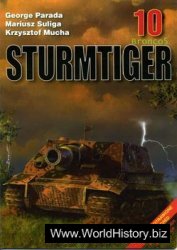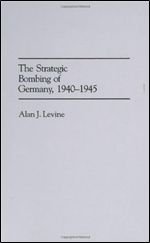Churchill was brought up in an era in which the British Empire was the dominant force on the planet, whose influence spread far and wide. Aligned to his aristocratic upbringings, it is no surprise that Churchill was brought up utterly confident in his, and his country's place in the world. This confidence - unshakeable and at times unjustifiable - would strongly influence how he led the country after 1940.
Key moments that shaped Churchill
1895
• Army service 1895
Churchill joins the 4th Hussars, and goes on to serve in India, Sudan and Egypt.
> Daring escape 1899
Churchill is captured in the Second Boer War, becoming a celebrity, and a year later is elected as a Conservative Party MP.
> Party defection 1904
After opposing a government bill,
Churchill is de-selected by the Conservatives and joins the Liberals.
Real power 1910
He becomes Home Secretary, sends troops to support the police against striking miners and proposes a referendum on women's voting rights.
> Naval reforms 1911
Churchill is promoted First Lord of the Admiralty, where he undertakes sweeping reforms.
> Resignation 1915
Churchill resigns from the cabinet following the Gallipoli campaign and rejoins the army. He would return to parliament the next year.
American Connection
Establishing the special relationship
Churchill always had one eye on the United States of America, and through his American-born mother, the New York socialite and alleged inventor of the Manhattan cocktail Jennie Jerome, he had a trans-Atlantic connection that he would later play up to its full, with maternal ancestors who fought in the Revolutionary War against Britain, and even, according to family legend, some Native American blood.
Even as early in his career as 1903, he told the gathered occupants of the House of Commons, "I have always thought that it ought to be the main end of English statecraft to cultivate good relations with the United States," and his epic A History Of The English Speaking Peoples, which he started in 1937 and finally published well after World War II, seemed contrived to create a sense of kinship between the US and the British Commonwealth. In 1939, Churchill, in his capacity as First Lord of the Admiralty, began corresponding with President Theodore Roosevelt (who'd met him once before, having been told by his advisers that Churchill was a "drunk and a windbag") - who was determined to keep the US well out of any conflict. However, Churchill did have a role to play in not only bringing the US and UK closer together, but also in paving the way for a future conflict with Imperial Japan.
As of 1902, Britain had been allied with the newly modernised Japan in order to checkmate their shared rival Tsarist Russia and, renewed in 1905 and 1911, this treaty also entrusted the defence of Australia and New Zealand to the Japanese navy during World War I as to free up British ships for European combat. The 1921 Imperial Conference was called in part to negotiate their collective stance toward the United States and Japan, who many believed were on a collision course for dominance of the Pacific. Churchill attended in his capacity of Secretary of State for the Colonies, and the end result was to allow the Japanese alliance to lapse, in the hope of gaining American goodwill.
Japan's isolated position from the other world powers increased its belligerence, ending its participation in the Washington Naval Treaty that capped the size of battleships in 1936 and walking out of the League of Nations in 1933 over criticism of its annexation of Manchuria. "Japan is on the other end of the world," Churchill wrote in 1924. "She cannot menace our vital security." It seems optimistic, but undercutting Churchill's stance was the belief that there was nothing Japan could do without provoking a reaction from the United States. He was ultimately right, but proving it would cost many lives.




 World History
World History









